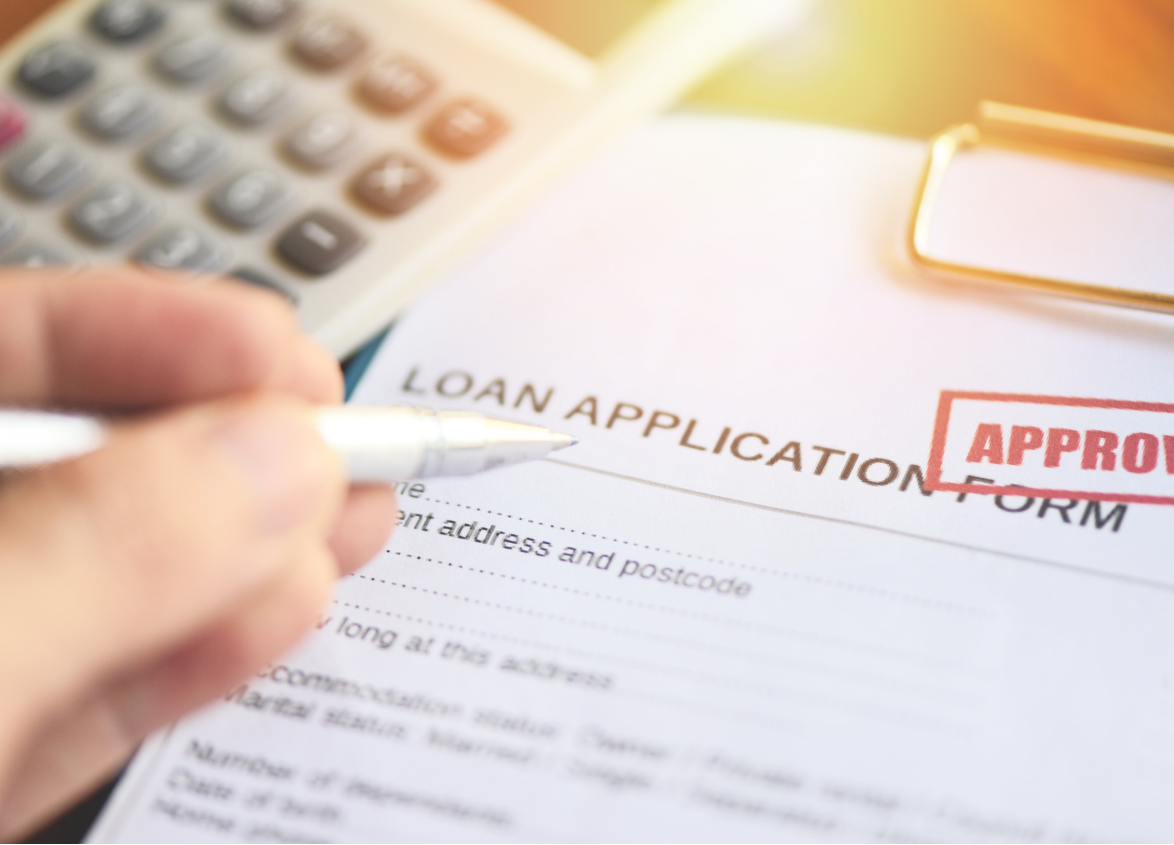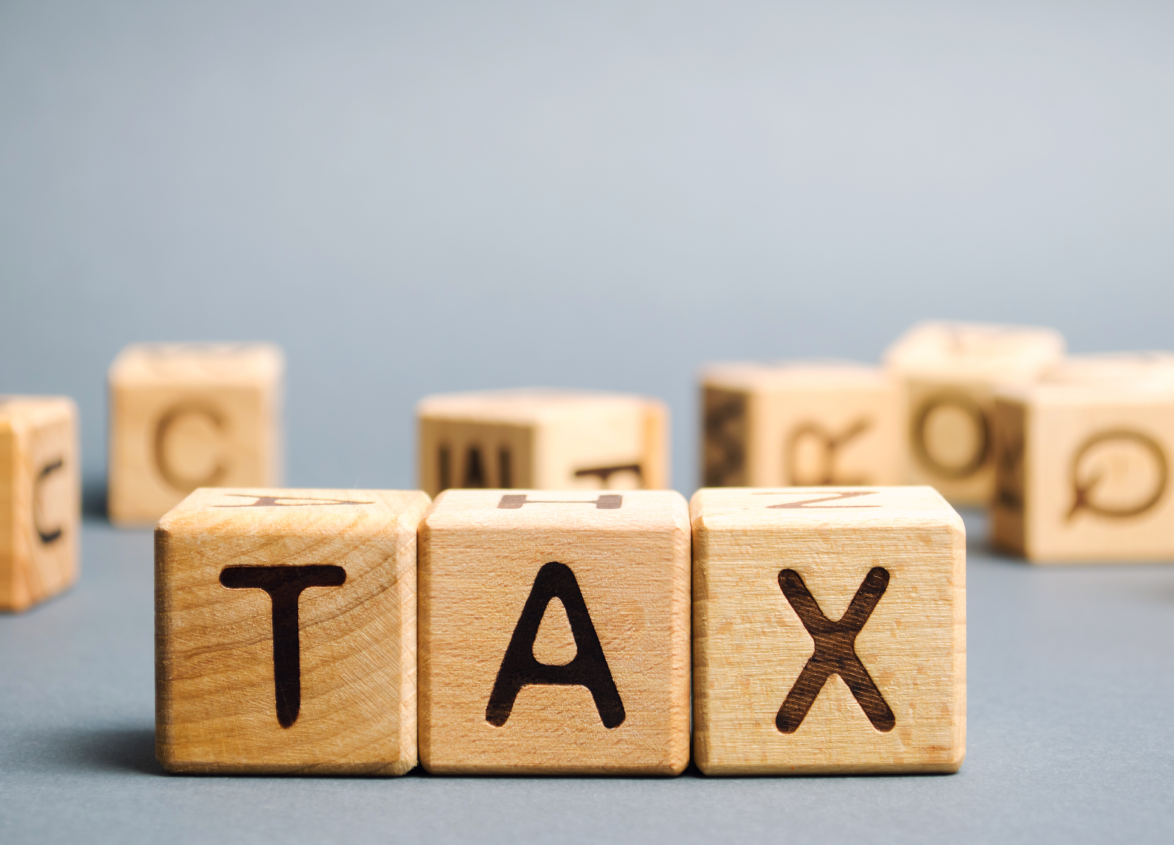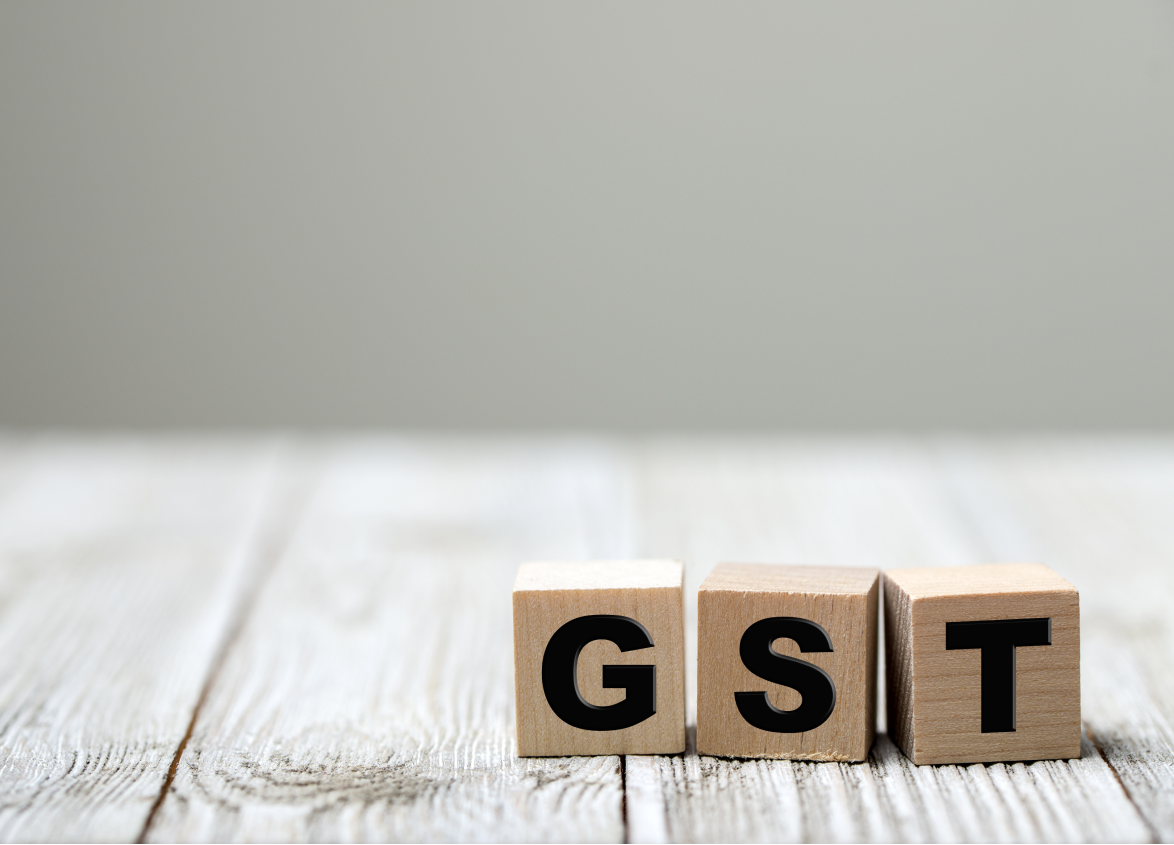
Residential
A Beginner's Guide to Property Tax: Everything You Need to Know
November 13, 2024
When holding any property, whether residential, commercial or in the form of land, he or she has a fundamental obligation to pay property tax. Property tax represents a significant source of local revenue and is applied to funding essential services like roads, schools and public safety. In contrast, many property holders are often unclear about how property taxes work, what kinds of property taxes exist and how they are calculated.
This comprehensive guide will acquaint you with the different forms of property taxes and computing and explain how to pay them online and offline. We will also expound on exemptions and other relevant deductions.
Property tax payment rests with the property owner and is usually made once a year. Failure to pay property taxes results in additional charges in the form of interest and can also culminate in a lien on the property that may eventually lead to foreclosure. For these reasons, homebuyers, real estate investors, and professionals must understand property taxes relating to the cost of owning property and return on investments.
What is Property Tax?
Property tax, also known as local or municipal body taxes, is charged on the ownership of real estate properties, including premium developments like Brigade Gateway. This is usually an annual tax imposed on the owners of property, and the amount collected depends on the value of the property. All collected revenues will be used to fund public services such as infrastructure development and maintenance, public schooling, waste management, and law enforcement.
Also Read - A Guide to Guidance Value in Bengaluru
Thus, property tax is calculated based on the assessed or evaluated value established by the local authorities. The appraised value might not reflect the market value and of course, the nature of the property and its locus are some of the considerations that can alter the given rate of tax. One should also note that both residential properties and commercial ones, together with unoccupied land, will be subject to property tax.
Types of Property Taxes
There are several forms of property taxes depending on the nature of the property, usage and jurisdiction. The following are some of the most prevalent types of property taxes:
- Residential Property Tax: A tax collected on houses, apartments or flats for residential purposes. The residential property tax is relatively modest compared to other types of property taxes.
- Commercial Property Tax: Commercial property tax, on the other hand, is levied on properties that are used for business, like offices, shops and warehouses. The rates of tax are usually higher for commercial properties than residential properties because of their money-generating nature.
- Real Estate Tax: Sometimes, real estate tax can be defined as any tax charged on real estate. This might include properties owned for residential use, commercial use or even industrial usage. In some cases, taxes are also charged on uncultivated land, agricultural land, etc.
- Property Tax on Land: In this context, it is considered a kind of property tax paid on developed or undeveloped plots. However, vacant land can be taxed for the property tax if not used to construct something, but it may be paid differently according to location.
- Industrial Property Tax: Industrial property tax is paid on properties used for manufacturing or production purposes. The only similarity between industrial and commercial property taxation is that both usually attract high charges due to the nature of usage.
The type of property taxes may differ based on the local tax laws applicable in a certain place. Therefore, it is important to be aware of the applicable tax for your property to effectively comply with it and avoid penalties.
How to Calculate Property Tax?
Calculating property taxes is not at all a simple task since, more often than not, there is always more than one factor involved. This would involve the type of property, its location and the relevant tax rates in that particular region. However, for a general understanding, the formula used for a property tax calculation is as follows:
Property Tax = Tax Rate x Property's Assessed Value
- Tax Rate: This is the percentage set by the local municipal authority for the location, size and type of property.
- Assessed Value: The assessed value is the value determined by local tax authorities. It is usually a function of the size of the property, its age, location and type, whether residential, commercial or industrial. In general, the assessed value of the estate is inferior to the market value.
For instance, if the tax rate is 2% and the property's assessed value is ₹50 lakh, then the annual property tax would be ₹1 lakh.
Different Methods to Calculate Property Tax
There are three widely used methods to calculate the amount of property taxes in various areas. The method to be adopted for a particular area depends on the regional laws or rules governing the collection of taxes:
- Annual Rental Value Method: In this method, tax is calculated at the potential annual rental which the property could fetch in the market. The local authorities take a part of that estimated rental value as tax.
- Capital Value System (CVS) Method: Property tax is calculated as a percentage of the capital value of properties. The government decides and updates the market value of properties from time to time, keeping in view the present market trend. Subsequently, the tax rate on this capital value is used to determine the amount of tax.
- The UAV method: It calculates the tax by use of per-unit area of the property. In the UAV method, the local authorities assign a per square meter or per square foot value, which is then multiplied by the total area for the calculation of tax.
Each of the above methods has its pros and cons, which may work for you depending on where your property is located. It is helpful to check with your local authorities to know which method applies there.
How to Pay Property Tax Offline?
Online modes of payment have received much momentum lately, yet most property owners are still comfortable paying their property tax without accessing the internet. Here's how you can pay the same offline:
Step 1: Visit the Local Municipal Office
You have to visit your local municipal corporation office or any of the provided tax collection centres.
Step 2: Fill up the property tax return form
Solicit information regarding your property, size, location, and type of usage—residential, commercial, or industrial.
Step 3: Duly fill up tax return form
Attach photocopies of the document evidencing ownership of property, which may be a sale deed and proof of identity submitted to the assessing authority.
Step 4: Make the Payment
Once the form and documents are submitted, the tax officer calculates the amount of your property tax. Then, you can make a payment in cash, by cheque, or by demand draft.
Step 5: Collect Payment Receipt
After making a payment, never forget to collect your receipt as your proof of payment.
How to Pay Property Tax Online?
Today, most local government offices have allowed you to pay your property taxes online. Here's how you can do it easily through the internet:
- Visit the Municipal Website: Your local municipal corporation has an official website. Most of the municipal websites have a particular category for online property tax payments.
- Enter property details: Fill in all the details about your property, such as PID, owner's name, location, etc.
- Calculate Amount: The website will calculate your property tax according to the information you have entered. Check the figure so that you do not pay the wrong amount.
- Pay Property Tax: There are many online modes through which you can pay your property tax. Some of them are net banking, credit card, debit card, etc.
- Download Your Payment Receipt: After successful payment, you will be able to download a payment receipt. Save it, too, as proof of payment.
How to Get a Property Tax Application Number?
Your property identification number, also known as the property tax application number, is the unique identification number the local municipal authorities use to identify your property. This number is one that you will need for any or all kinds of property-related transactions or tax payments you may make. Here is how to get your property tax application number:
Check Property Documents: Generally, the PID number is mentioned in the documents of a property, its sale deeds or your ownership papers. So, first, you need to check these documents.
Visit the Municipal Office: In case you do not find the PID number, there is another option; you can visit the local office of your municipal area and make a request for the number. The authorities will require some proof of ownership in order to issue your PID.
Online Search: Many local governments have an online search feature where you can view your PID by filling out an online form with the owner's name and property address on their sites.
Make sure you save this number. It will help you ascertain how much tax has been imposed on your property.
Property Tax Exemptions & Deductions
In other cases, property owners may qualify for exemptions or deductions when it comes to paying property tax. Such exemptions are normally made in order to promote particular kinds of property utilisation or to give relief in terms of taxation to specific classes of people. Some of the typical property tax exemptions and deductions include:
Senior citizens' exemptions: Many counties exempt or reduce property taxes for elderly citizens, especially those who have a fixed income.
Exemptions for Veterans and Disabled Persons: Some municipal governments offer veterans and disabled persons tax relief in the form of a reduction in tax amount or complete exemption.
Exemptions for Agricultural Land: Agricultural land used for farming purposes may be exempt from property tax in certain regions. In some cases, the tax rate may be much lower than what is applicable to other kinds of properties.
Deductions for Renovations or Energy Efficiency: Private property and home owners who incur improvements, whether by installing energy-efficient systems, renovating, or building from the ground, qualify for possible deductions regarding their property tax.
Charitable or religious organisations: Properties used for charitable or religious purposes are eligible for exemptions on property tax.
For instance, you should contact your municipal office to find out if you can obtain some of the exemptions or deductions here. Most of these tax relief measures can greatly reduce the total taxes imposed on your property.
Conclusion
All property-owning residents, whether it is a residential home, commercial property or even empty land, pay some form of property tax. The types of property taxes, the method of their calculation and the different methods by which one can pay such taxes will ensure that property tax obligations are met without much complication.
Knowing the property tax exemptions and deductions will assist one in reducing the liability in taxes and therefore, your time will come when you will be able to get monetary relief. If you are paying your property tax online or offline, knowing the recent tax regulations of your locality makes it easier and in more efficient ways.
These developments and reforms in property taxation are brought about by the economic conditions of the country, government policies and urban developments. Being up to date on trends may guide property owners and investors accordingly as far as active decisions are concerned in the context of property taxation.
Understanding your tax obligations is not just about compliance but also wise planning and management of your finances.
MUST READ
Looking for something specific?
We'd be delighted to help you.




























































































































































































































































































































































































































